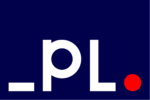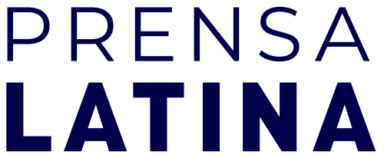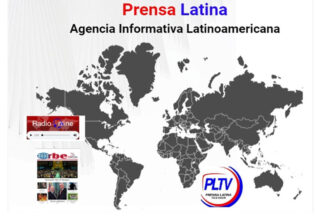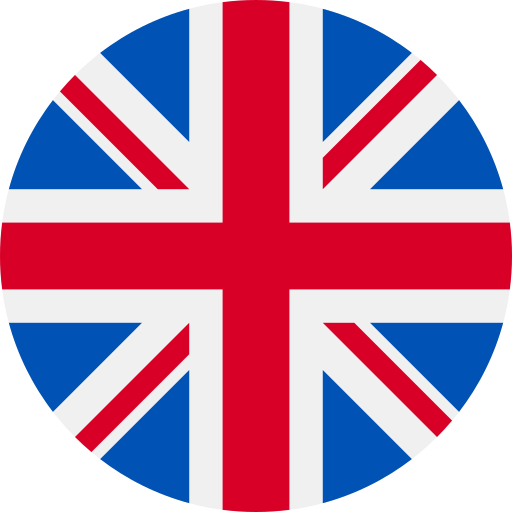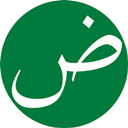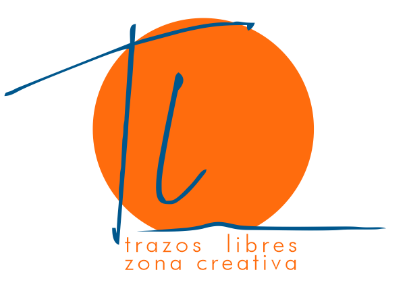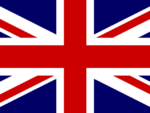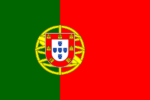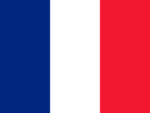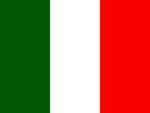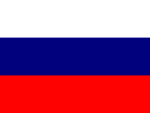According to official investigations, more than 100,000 students were called by the leader of the Cuban Revolution, Fidel Castro, to participate in the campaign that started on January 1, 1961.
Later, some 14,000 workers joined the campaign, concentrating their work in rural areas, and 34,772 volunteer teachers did so.
The campaign marked the subsequent future of the nation, after teaching some 979,200 illiterate people in 1961, and more than 800,000 children aged 5-15 who did not attend school before the revolutionary victory.
As a result, about 707,200 illiterate people learned to read and write, reducing illiteracy rate to 3.9%, and free and universal access to different levels of education was facilitated.
The United Nations Educational, Scientific and Cultural Organization (UNESCO) described this initiative as a pioneering example of the values promoted by this agency for the Education 2030 Agenda.
On December 22, 1961, Fidel Castro announced at the Revolution Square in Havana the end of the Literacy Campaign when Cuba was proclaimed territory free of illiteracy.
ef/iff/jha/idm
